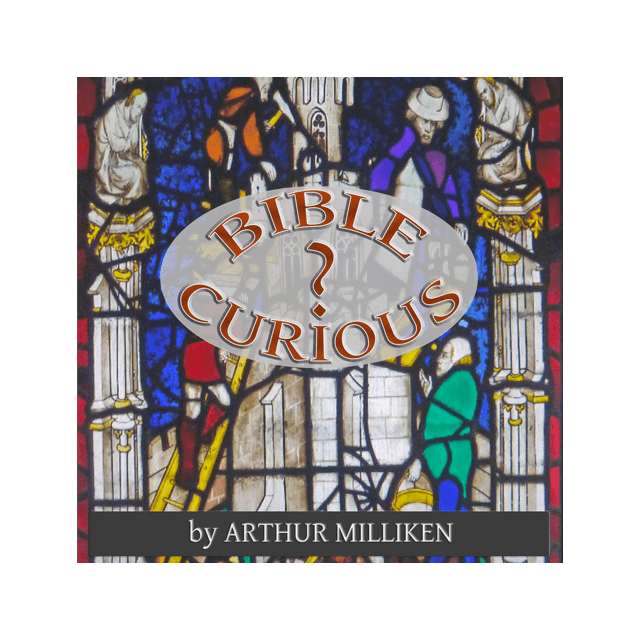Commandments and Cosmic Law
EPISODE 1 - Let's start with Exodus Chapter 20, known popularly as The Ten Commandments. This part of the story takes place about 1,500 BC. God's chosen people, the Israelites, found themselves camped in the Sinai Desert after being liberated from four generations of slavery to the Egyptian pharoahs. Once liberated, this tribal people proved to be rebellious, contentious and generally misbehaved. Moses found himself spending most of his time settling disputes between rival families. And so Yahweh calls everyone before Mount Sinai to "lay down the Law" (the Torah) in specific terms.
